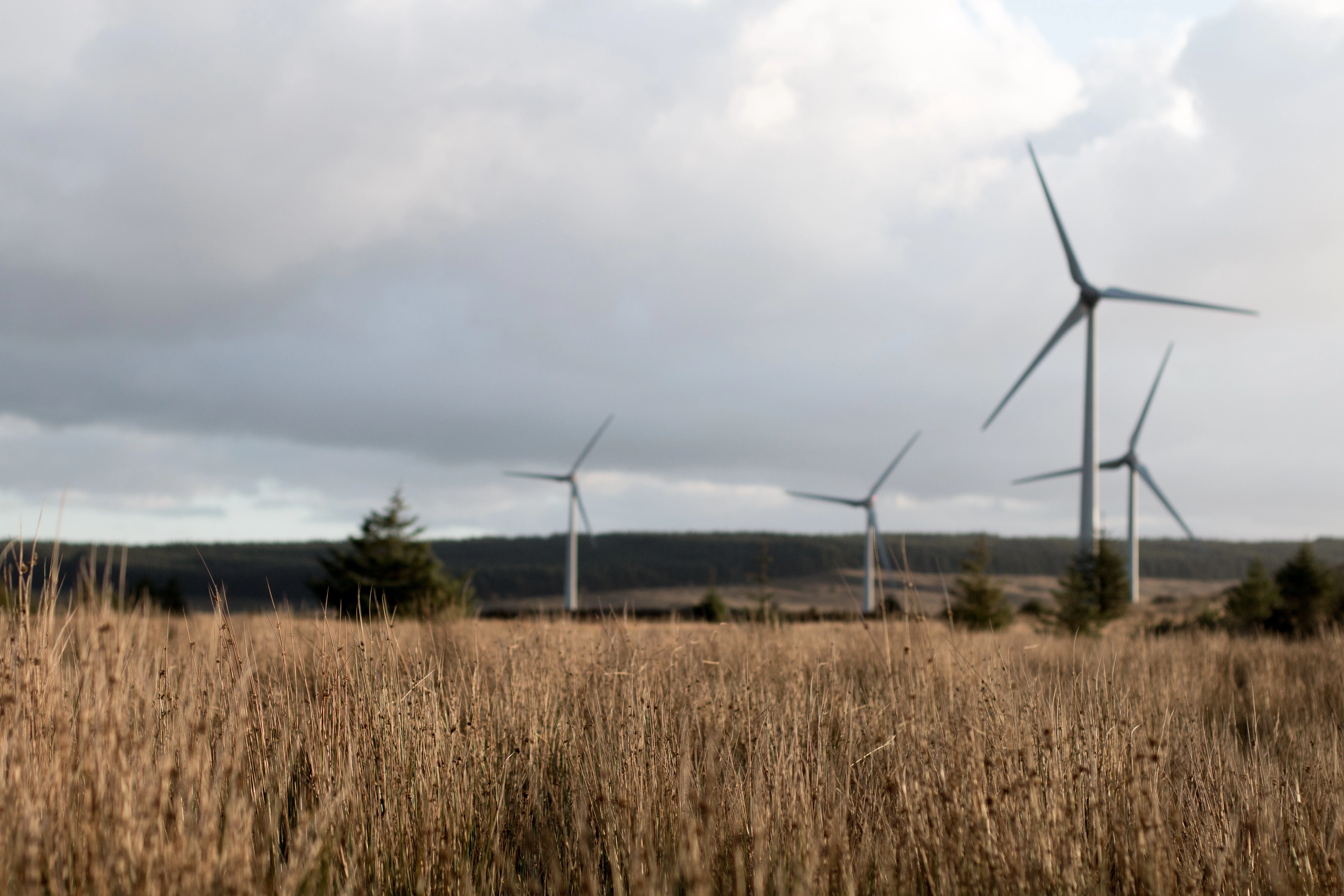
North East renewable energy projects await greenlight from council
Dozens of ‘much needed’ North East renewable energy projects could be created if a county council’s local plan gets the green light later this month.
The news comes ahead of the Northumberland Local Plan, which is expected to be adopted at the end of March and lays out a range of proposals and planning policies to guide county-wide development until 2036.
In particular, the county council’s plan reflects current approaches to tackling challenges around climate change and ways to improve biodiversity, identifying places that are suitable for wind turbines up to 40 metres high to the tip of the blade, across large parts of the county.
This could pave the way for the development of many more farm sized micro wind turbines in Northumberland, says Joe Ridgeon of Hexham planning specialist Hedley Planning Services, as more people plug into the benefits of greener energy to power their own homes and businesses to reduce their carbon footprint.
The move follows recent approval for a 15-metre-high micro wind turbine erected on a plot of land to the north east of Longframlington. This will see a turbine, which has been designed specifically for rural homes and farms, provide up to 5kW of power for local homes.
Joe Ridgeon said: “With the local authority pledging to halve its carbon footprint by 2025 and make Northumberland carbon neutral by 2030 and energy prices the way they are, I think a lot of people will be looking at renewable energy generation as a viable option for their needs.
“It’s a good time to rethink current policies towards energy generation. Harnessing the wind is an efficient way to supply clean energy and we expect to see more applications coming forward as people continue to see the advantages and plug in to greener energy solutions.
“Moreover, differentiating small wind turbines from larger onshore wind farms and understanding the benefits and low visual impact they bring, is hugely significant for the county.
Joe continued: “Moreover, farms and rural landowners could give energy control back to UK businesses, helping them to become more competitive on the back of a reduced carbon footprint and improved UK energy security.”
Looking to promote your product/service to SME businesses in your region? Find out how Bdaily can help →
Enjoy the read? Get Bdaily delivered.
Sign up to receive our daily bulletin, sent to your inbox, for free.








 Restoring confidence for the economic road ahead
Restoring confidence for the economic road ahead
 Ready to scale? Buy-and-build offers opportunity
Ready to scale? Buy-and-build offers opportunity
 When will our regional economy grow?
When will our regional economy grow?
 Creating a thriving North East construction sector
Creating a thriving North East construction sector
 Why investors are still backing the North East
Why investors are still backing the North East
 Time to stop risking Britain’s family businesses
Time to stop risking Britain’s family businesses
 A year of growth, collaboration and impact
A year of growth, collaboration and impact
 2000 reasons for North East business positivity
2000 reasons for North East business positivity
 How to make your growth strategy deliver in 2026
How to make your growth strategy deliver in 2026
 Powering a new wave of regional screen indies
Powering a new wave of regional screen indies
 A new year and a new outlook for property scene
A new year and a new outlook for property scene
 Zero per cent - but maximum brand exposure
Zero per cent - but maximum brand exposure